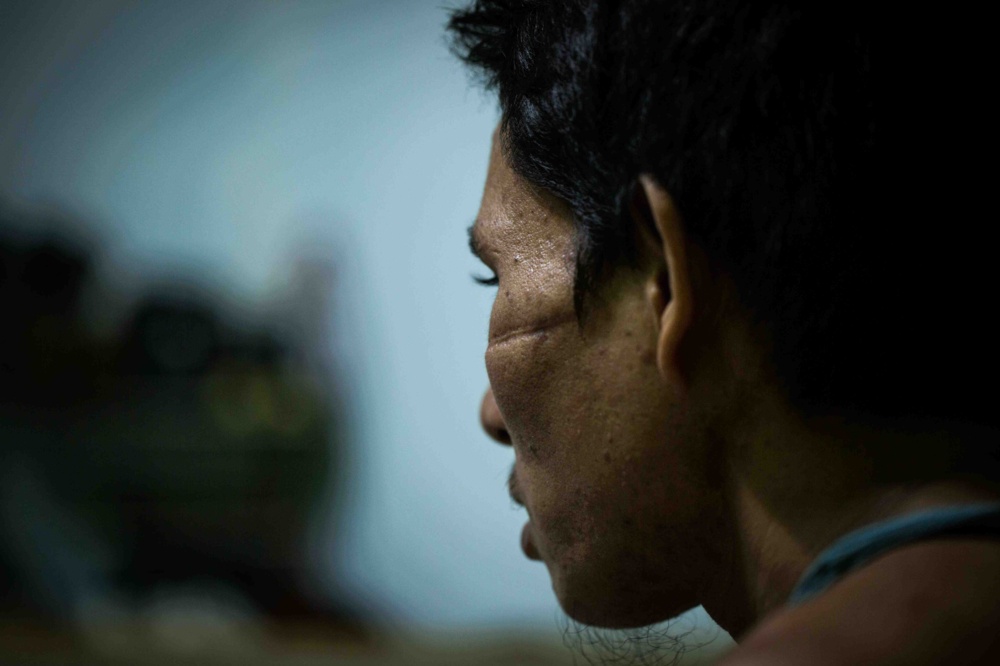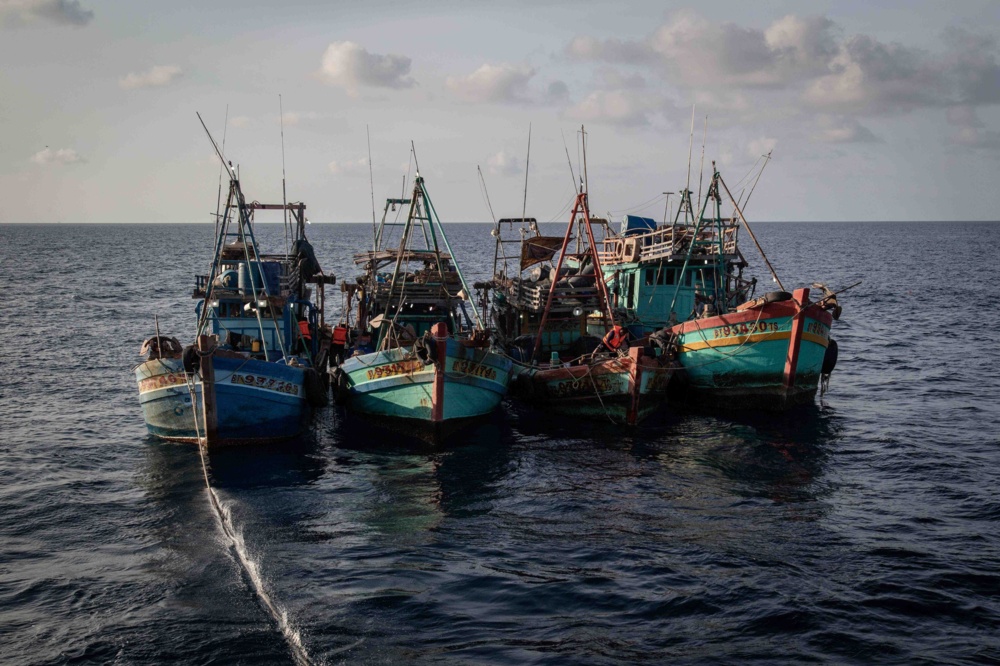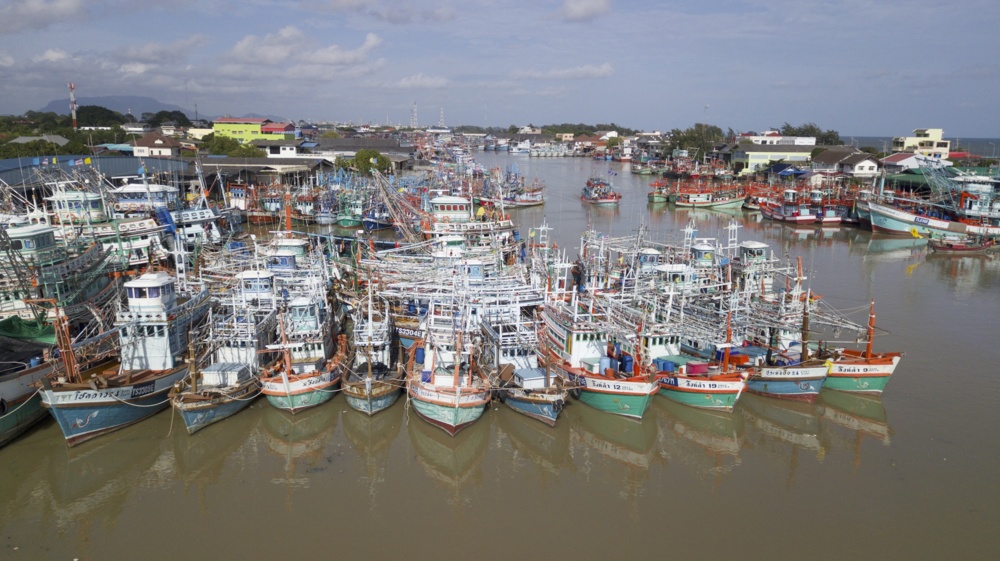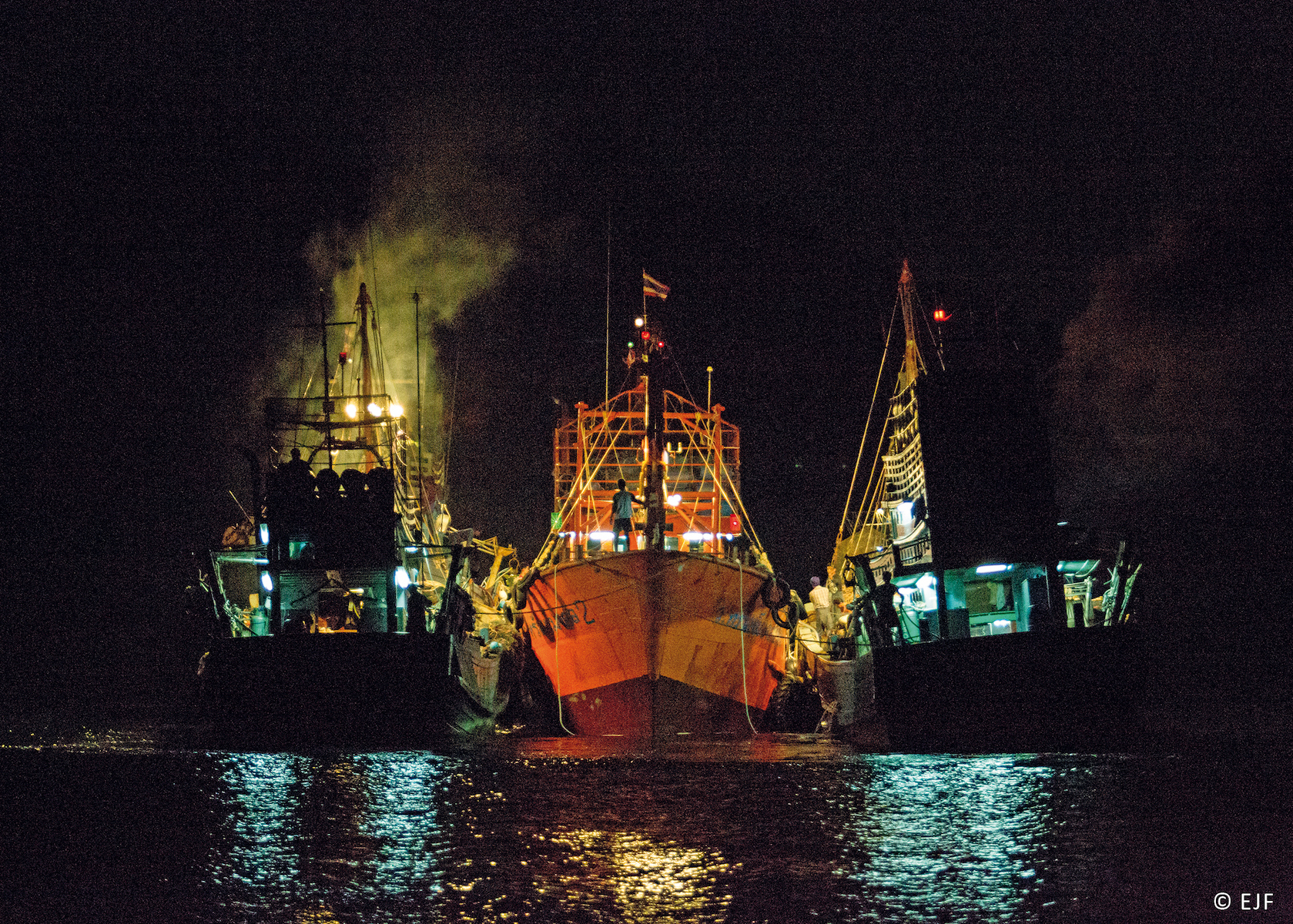
Fishing industry reforms are firmly in Thailand’s best interests
The National Fishing Association of Thailand is once again pushing the Royal Thai Government to roll back its successful fisheries reforms. This short-sighted course of action is not in the interests of Thailand, its fishing industry or those who depend on it for their livelihoods.
Thailand has made great advances in the fight against illegal fishing and the protection of its fishing industry. Less than a decade ago, rampant illegal fishing and deeply troubling violent abuse of crew was the norm for Thailand’s fleet. Catches had fallen to a fraction of what they had once been, with vessels having to travel much further, for longer to catch the same amount of fish.
The reforms that were brought in as this grim situation was exposed were specifically designed to transform Thailand’s fisheries into a sustainable, prosperous system, averting potential collapse and safeguarding fishers’ livelihoods for generations to come. These reforms had been long overdue and without them it is clear that Thailand’s fisheries would have continued their rapid decline and the country would have been subject to growing international condemnation.
However, as a result of the action taken by the Royal Thai Government, the country’s fisheries have begun to recover. Small-scale fishers say that they are seeing a change at sea. Fish are more numerous, they say, are increasing in size, and they are catching a wider range of species. “I feel that after the regulations came into place seafood stocks are looking healthy again,” one small-scale fisher told the Environmental Justice Foundation (EJF). He added: “This makes me happy. I am also happy that this will get passed on to our children in the future.”
Yet the National Fishing Association of Thailand (NFAT) is painting a picture of woe. They claim the regulations are endless and that they are being forced out of business, taking it as far as threatening to ask the government to buy back the entire fleet of over 10,000 vessels. They also say the penalties against illegal fishing are ‘too harsh’ and if only the fleet were allowed to expand unregulated, like in Vietnam, they would be in a much better position.
These demands are driven by short-sighted, self-seeking greed and will only create profit for a tiny minority, many of them illegal, operators, while penalising all those, especially the poorer small-scale fishers, who depend on the industry.
However, I am not expecting any reader to take my word for it. Let’s explore the facts.
Measured reforms
The regulations have been brought in gradually since 2015 allowing ample time for NFAT and its members to get up to speed. In the initial phases of implementation, the government provided a year for fishing boat operators to gradually adapt their practices to newly introduced legislation. In addition, many of the measures put the onus on the government, not fishing operators, to implement changes, such as the port-in, port-out inspection regime.
The fleet – which was had hugely damaging over-capacity - has been reduced in number, from 13,000 commercial vessels in 2015 to a little over 10,000 today. A reduction that was urgently needed to prevent Thailand’s fisheries resources from being completely exhausted. It is also a far cry from the misleading numbers used by NFAT, who say there were 40,000 vessels before the fisheries reforms, neglecting to mention that this figure includes approximately 27,000 small-scale fishing vessels, who take a disproportionately small catch in comparison to the commercial fleet.
Happily, there is a very simple solution to NFAT’s complaint that penalties against illegal fishing are ‘too harsh’: Do not fish illegally. It should also be noted that under international law, Thailand has a responsibility to implement a system of ‘deterrent’ sanctions for illegal fishing. It is to the credit of the Royal Thai Government that the sanctions are designed so that any would-be offender would consider them ‘too harsh’ to risk.
The truth about Vietnam
Any suggestion that Thailand aspire to be like Vietnam is deeply misguided. Vietnam is undergoing a growing crisis in its fishing industry that seems to be the direct result of repeating Thailand’s previous mistakes.
Vietnam has one of the fastest growing fishing fleets in the world – increasing in size by over 160% between 1990 and 2018. The total seafood catch for 2018 was 3.4 million tonnes, over a million tonnes more than the maximum sustainable yield of 2.3 million tonnes. This explosion in the number of fishing vessels and catch capacity has led to massive overfishing and rapid depletion of fish populations.
Vietnamese fishers have been driven to desperate lengths to fish illegally outside of national waters because there is nothing left at home. In a two-year investigation by the Environmental Justice Foundation (EJF), captains spoke of how they were often encouraged by vessel owners to fish in neighbouring countries’ waters. Between the start of 2018 and May 2019 for example, at least 254 Vietnamese fishing vessels were arrested for fishing illegally in 11 different countries. As profits plummeted with falling catches, some companies even sank to the depths of employing child labour, with some of the children EJF spoke to under 14 years old.
“There are too many fishing boats. There are too many boats and too many people in Vietnam catching fish. We just go further and further without knowing that it’s dangerous.” – Tran Linh, Vietnamese fishing boat captain, interviewed by EJF in April 2019.
Such persistent infractions by Vietnamese vessels provided a strong impetus for the European Commission to issue Vietnam with a ‘yellow card’ in October 2017 – for failing to control its distant water fishing fleet. This formal warning can lead to trade sanctions.
To follow in Vietnam’s footsteps and allow for uncontrolled re-expansion of the Thai commercial fishing fleet would be to send Thailand’s just-recovering marine resources into a downward spiral – from which they would likely never recover.

Vietnamese vessels captured by the Thai marine police for illegal fishing.
Global trade
The seafood industry is vitally important to Thailand’s economy. If the government wishes to protect this economic powerhouse it must protect these reforms. A return to Thailand’s dark past would bring international condemnation and threaten trade deals.
NFAT has previously argued that Thailand could sacrifice sending its products to lucrative customers such as Japan, the European Union or the United States and instead send them to less stringent markets such as China or the Middle East. However, to do so would be to wipe out almost 50% of seafood export revenues (based on 2018 exports valued at $6.95 billion).
No, the answer is not to seek to lower standards and fish until there is nothing left. The Royal Thai Government can and should support a sustainable industrial fleet. Keeping the reforms in place, with the right balance of vessel buy-backs to reduce the size of the fleet, alterations to the number of fishing days allowed and modernisation of vessel design, Thailand’s commercial fleet could develop into a resilient and profitable sector.
This, and not NFAT’s short-sighted demands, is what will restore Thailand to the proud fishing nation it once was, with healthy fish populations and a thriving fleet that can give to this and future generations.

To remain competitive on the global marketplace, Thailand should seek to elevate its fisheries standards, not diminish them.
SIGN UP FOR OUR EMAILS AND STAY UP TO DATE WITH EJF

